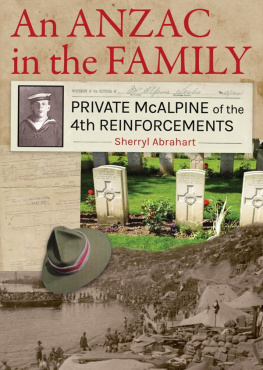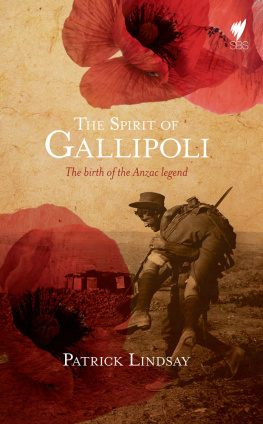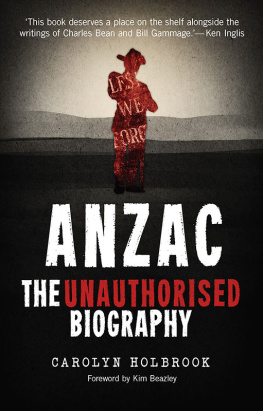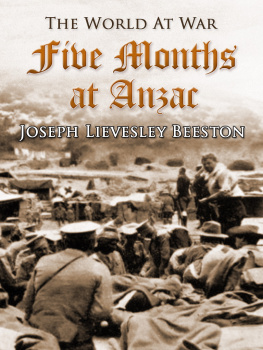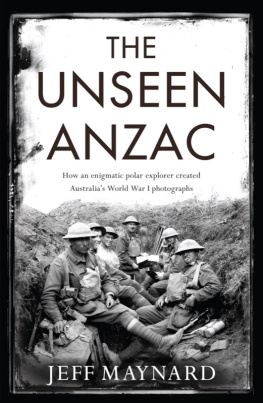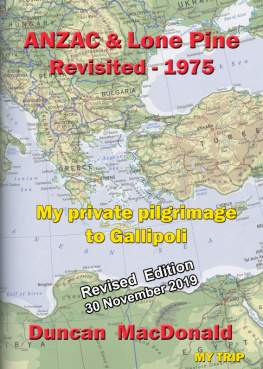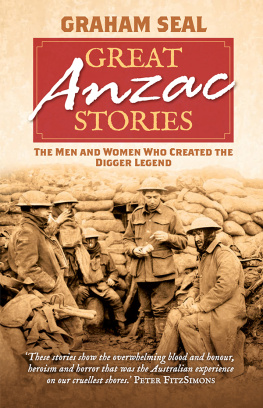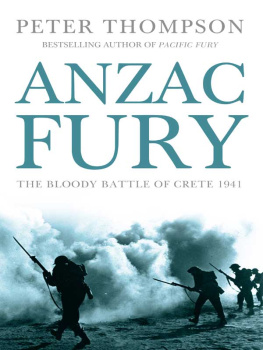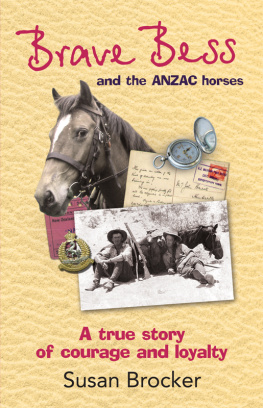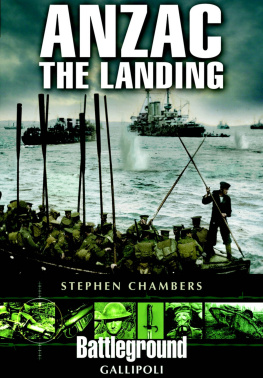This edition is published by PICKLE PARTNERS PUBLISHING www.picklepartnerspublishing.com
To join our mailing list for new titles or for issues with our books contact@picklepartnerspublishing.com
Text originally published in 1916 under the same title.
Pickle Partners Publishing 2013, all rights reserved. No part of this publication may be reproduced, stored in a retrieval system or transmitted by any means, electrical, mechanical or otherwise without the written permission of the copyright holder.
Publishers Note
Although in most cases we have retained the Authors original spelling and grammar to authentically reproduce the work of the Author and the original intent of such material, some additional notes and clarifications have been added for the modern readers benefit.
We have also made every effort to include all maps and illustrations of the original edition the limitations of formatting do not allow of including larger maps, we will upload as many of these maps as possible.
ON THE ANZAC TRAIL BEING EXTRACTS FROM THE DIARY OF A NEW ZEALAND SAPPER
BY
ANZAC
CHAPTER I JOINING UP
WHEN the Great War struck Europe I was living with my people in Ireland. I had served in the South African campaign, so, of course, I realised that it was up to me to roll up again and do my bit towards keeping the old rag flying. Its a queer thing, but let a man once go on the war-path and its all the odds to a strap ring hes off again, full cry, to the sound of the bugle. I reckon its in the Britishers blood; he kind of imbibes it along with his mothers milk. When alls said and done we are a fighting breed. A sporting crowd, too, and we tackle war much as we would a game of footballor a big round-up in the Never-Never.
When England took off the gloves to Germany I knew the Colonies wouldnt hang back long. They breed men on the fringes of our Empire. Hence I wasnt surprised when I saw a notice in the papers calling on all New Zealanders, or men who had seen service with the Maorilanders in South Africa, to roll up at the High Commissioners office in London, to be trained for service with the Down Under contingents. Well, I had lived for years in New Zealand, and had fought Boers time and again side by side with New Zealand troops, so I sent in my name right away. In due course I received a polite letter of thanks, and was told to turn up at the office on a certain date, to be examined and attested. I did so, and in company with some two hundred other Colonials was put through the eye-sight, hearing, and other tests, said ninety-nine to the doctors satisfaction, and was duly passed as fit for service.
And now began a period of stress and strenuous life. Morning after morning we repaired to Wandsworth Common, there to acquaint ourselves with the intricacies of Right turn, Left turn, Form fours, etc., under the tutelage of certain drill-sergeants of leathern lungs and bibulous-looking noses. At noon we knocked off for an hour and a half, repairing for refreshment to a house of entertainment which stood fairly adjacent to our drill ground. Here we very soon found that our instructors looks did not belie them. However, we consoled ourselves with the reflection that English beer was cheap as drinks went, and that all things come to an end in this world. The afternoons were repetitions of the mornings, with the added attraction of a largish audience composed principally of nursemaids and infants in armsand prams. The audience enjoyed our efforts if we, the actors, didnt. It was thirsty work.
During this period we lived in London, finding ourselves, but receiving a slight increase of pay in lieu of quarters and rations. Its a gay city is the Rio London. Our pockets suffered, hence most of us, although we growled on principle (being Colonials), were secretly relieved in mind when the order came to transfer to Salisbury Plain, there to camp in tents until such time as huts should be prepared for us.
I think we all enjoyed our stay on the Plaina sad misnomer, by the way, as I never ran across a hillier plain in my life. It was autumn in England, and when we first arrived, except for cold nights the weather was really goodfor England! It soon broke, however, and we sampled to the full the joys of sleeping on rain-soaked blankets and ploughing our way through the sticky chalk soil that hereabouts is so strongly in evidence. Hence we werent sorry to transfer our swags to the more kindly shelter of the huts. In fact, we took possession of them before they were quite ready for occupancy, electing to complete the work ourselves. Most of us were bush carpenters, so the job was right into our hands.
Our camp lay within two miles of Bulford village, a kind of Sleepy Hollow inhabited by a bovine-looking breed, whose mouths seemed intended for beer-drinking but not talkingwhich, in a way, was just as well, for when they did make a remark it was all Greek to us. We wakened the place up a bit, however, and the Canadians, who settled down to the tune of over five thousand round about us, nobly seconded our efforts, so I reckon the power of speech was restored to the villagersafter we left! For all I know they may be talking yet. Come to think it over in cold blood, they had cause to.
Those Kanucks were a hefty lot, and blessed with real top-knotch powers of absorption. They were sports, too. We beat them at Rugby football, but they took their change back at soccer. Honours were even, I think, at drill, but they drank our canteen dry every night. You see, there were five thousand of them and only a little over two hundred of us. As they were inclined to talk a bit in their cups we were forced to mount an armed guard in the canteen. The guards principal duty was to stop scrapping on the premises, and the first sign of peeling operations being indulged in was the signal to round up the mob. Once outside, however, they could do as they liked. And they generally did! Discoloured optics and flattened nasal appendages soon ceased to be objects of curiosity down our location. On the whole we got on well with them, and we had many things in common. Poor fellows, they got stuck into it cruelly in France, between German gas and overpowering numbers, but they showed real grit right throughjust as we who had been camp-mates with them knew they would.
Barring the heavy frosts, the rain, and the foot-deep mud, things werent so bad in camp.
The tucker was really good and there was plenty of it; the huts were, on the whole, fairly dry, although a bit draughty; and our kit was first-rate. We slept on the usual donkeys breakfast, of course, but it isnt the worst bed to sleep on, by a long chalk. And it felt real good to me when the Getout-of-bed bugle went every morning before sun-up, and the Kanuck band made the camp rounds to the tune of John Peel. How we cursed that band!




